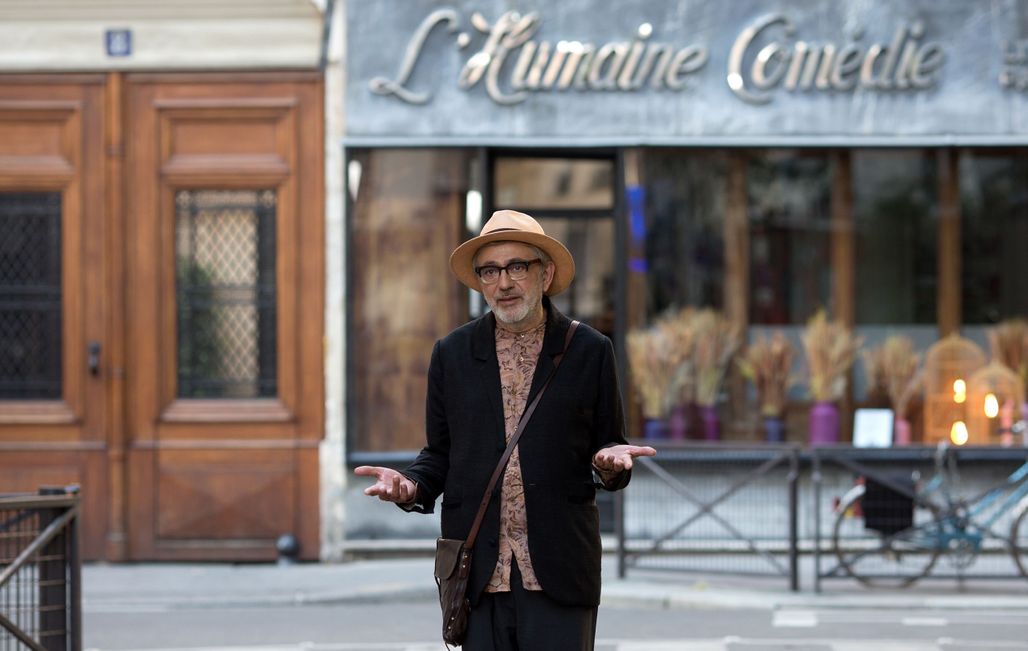
Elia Suleiman in search of a new homeland in It Must Be Heaven

Palestinian director Elia Suleiman, who won the Jury Prize with Yadon Ilaheyya (Divine Intervention) in 2002, is back in Competition with It Must Be Heaven, a burlesque tale in which he explores the themes of identity, nationality and belonging.
In his first feature film he depicted the daily life of the so-called "Arab-Israelis", Palestinians who remained in their native land. His second feature film in Competition, The Time That Remains, is a film with autobiographical resonances of his own memories and those of his parents, in which Elia Suleiman shifts his focus to the idea of expatriation, and to the individuals who make a choice to flee Palestine in search of a better life.
“If in my previous films, Palestine could be seen as a microcosm of the world, my new film, It Must Be Heaven, tries to present the world as a microcosm of Palestine.”
In It Must Be Heaven, the filmmaker follows his alter ego ES, who decides to leave Palestine in search of a new home. However far he travels, from Paris to New York, his homeland follows him like a shadow. The promise of a new life is transformed into a comedy of the absurd.
Through his protagonist's itinerary, the filmmaker reflects on feelings of belonging and he asks a fundamental question: "Where can a person feel at home?" Elia Suleiman performs an introspection of the world by presenting banal and quirky situations of the daily lives of particular individuals living on all four corners of the earth, "rather than focusing on the overview, full of generalisations and falsifications, that the media are constantly pouring down our throats," as the filmmaker insists. By presenting the portrait of these cities and their inhabitants, Elia Suleiman tells a tale composed of human stories that are intimate and touching, while at the same time he takes stock of a world that is characterised by geopolitical tensions.


